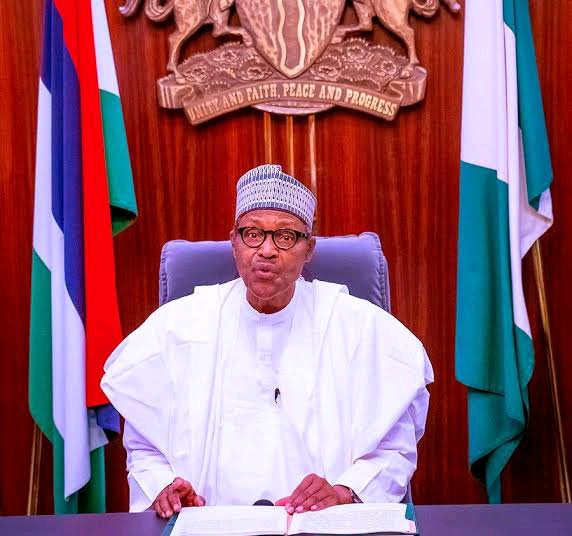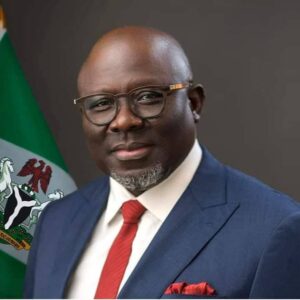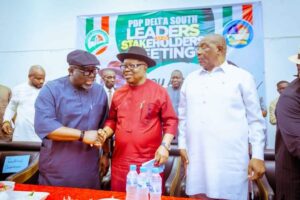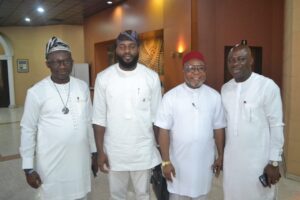OPINION: AS WE AWAIT FULL CONTENT OF PIB PASSED – WILL GOVERNMENT BE ABLE TO MUSTER WILL TO ACTUALLY IMPLEMENT SAME?

By Zik Gbemre
While I have not yet seen the full content of the just passed PIB bill by Nigerian lawmakers, but from the surface it is a plus because this is a bill that first came up in 2008.
However, must important is the fact that Bills, especially those bother on improving the lives of Nigerians, are usually passed by our lawmakers. But the IMPLEMENTATION of such bills, have always been the major problem. It is one thing to pass a bill and even sign it into law, but it is an entirely different thing for such the content of such a bill to be implemented.
Bills passed and signed into law, without the WILL to implement them, are practically useless in my opinion. Which sector in Nigeria is working today as it ought to? None! If all the Bills ever passed and signed into law were being implemented, Nigeria would have been like the Dubai of Africa.
I read that the 318 clauses in the bill were passed in less than 20 minutes. One begins to wonder why the sudden hurry to pass a bill without allowing the lawmakers that may have some objections with some clauses, the opportunity to do so? Again, the bill passage was not without drama, as the deputy speaker, Idris Wase (APC, Plateau), did not recognize members trying to raise points of order. At a point, the deputy speaker jumped from clause 189 to 200, according to reports. So, I would wait to see the full content of the bill to draw final conclusions.
Although it was reported that the Senate approved Three per cent for the host communities, despite protests from the South-South lawmakers, who advocated 5 per cent, which again was short of the 10 per cent in the initial Bill. But even with the said 3%, it is yet another round of problems because of the rot, insatiable greed and corrupt tendencies within the local communities in the oil/gas producing communities. This is quite a big problem, and may useless whatever little good the 3% may bring to the locals.
For instance, the Oil Company GMoU funds for oil and gas producing communities in the South-South are yearly stolen by few community executives of these host communities in the South-South of the Niger-Delta region, without giving back to the locals that was meant for the communities in the first place. I know what I am talking about because I see the rot in the host communities first hand.
Here is a statement from a friend of mine, Mr. Andrew (an Urhobo) who lives in the USA, on this issue. I quote: “I admire your courage and it reminds me of my involvement in the pro-democracy movement in the US. I learn of a factor that was missing in our struggle. We did not consider the readiness of our communities from where we elect our leaders. They are all corrupt and how does one expect to get good leaders from such a midst? I feel I am being hypocritical when I blame leaders at the local government, state and federal levels. My argument is this: UNTIL WE CLEAN OUR COMMUNITIES UP OUR FILTHY COMMUNITIES, WE ARE NOT GOING TO HAVE GOOD LEADERS, let alone win in the struggle for a better society. My recommendation: LET OUR COMMUNITIES BE THE FIRST STOP IN OUR STRUGGLE FOR FAIRNESS AND JUSTICE.”
Zik Gbemre
We Mobilize Others To Fight For Individual Causes As If Those Were Our Causes



